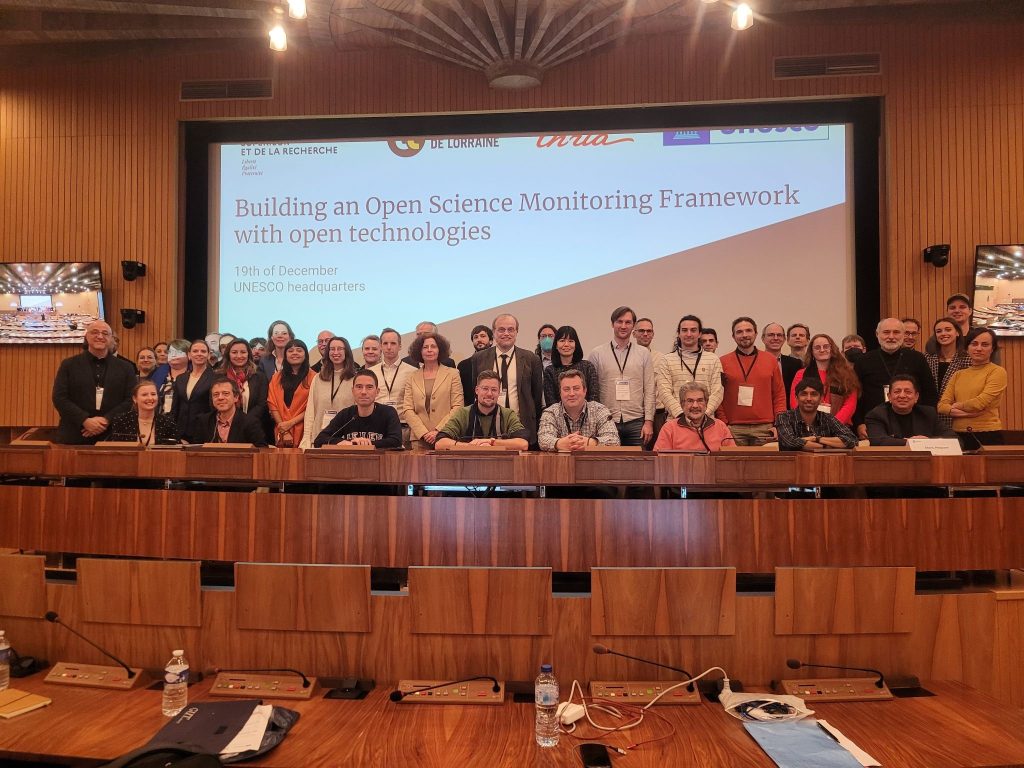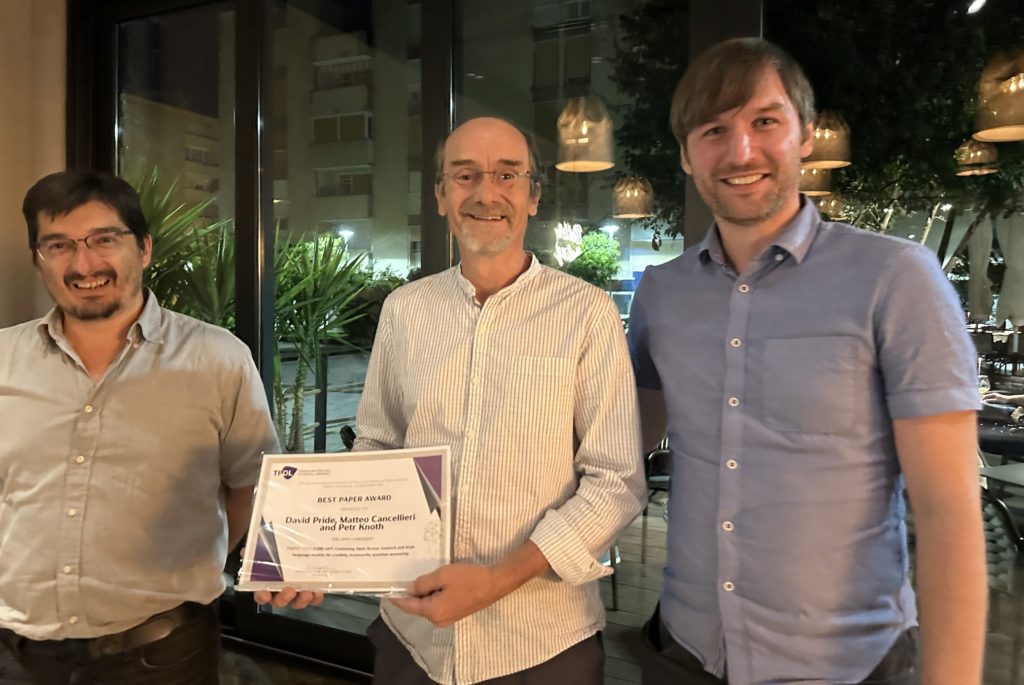The COAR Annual Conference 2025, held in Tokyo from 12–14 May, brought together repository experts, open science advocates, and infrastructure leaders from across the globe. Representing CORE was Professor Petr Knoth, who contributed to three sessions throughout the event, each addressing urgent and emerging questions around artificial intelligence, machine access, and repository infrastructure.
This blog captures the key moments from CORE’s participation at COAR 2025, touching on discussions about responsible machine behaviour, the current state of UK repositories, and the transformative potential of AI in scholarly communication.


